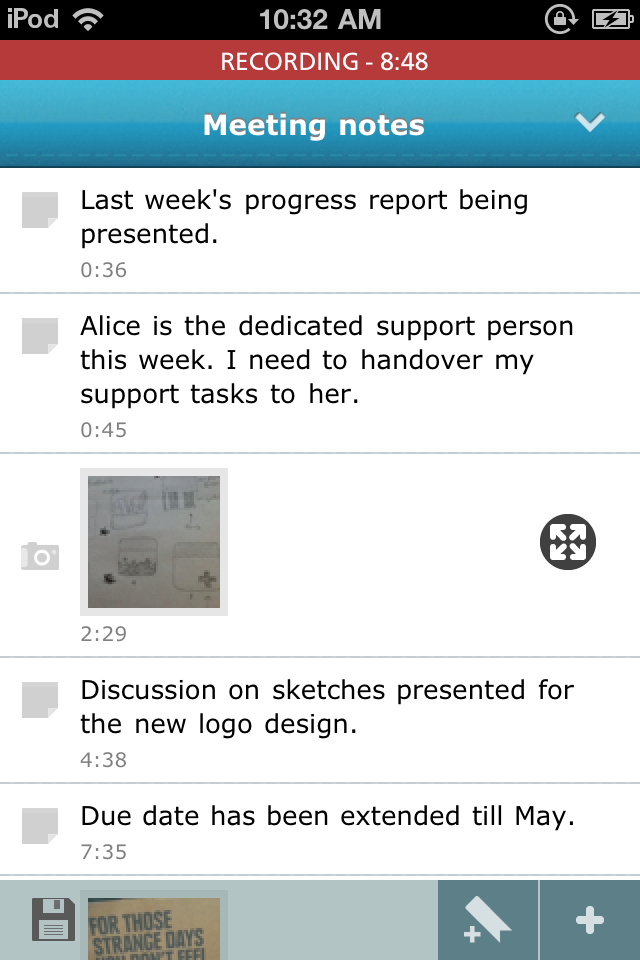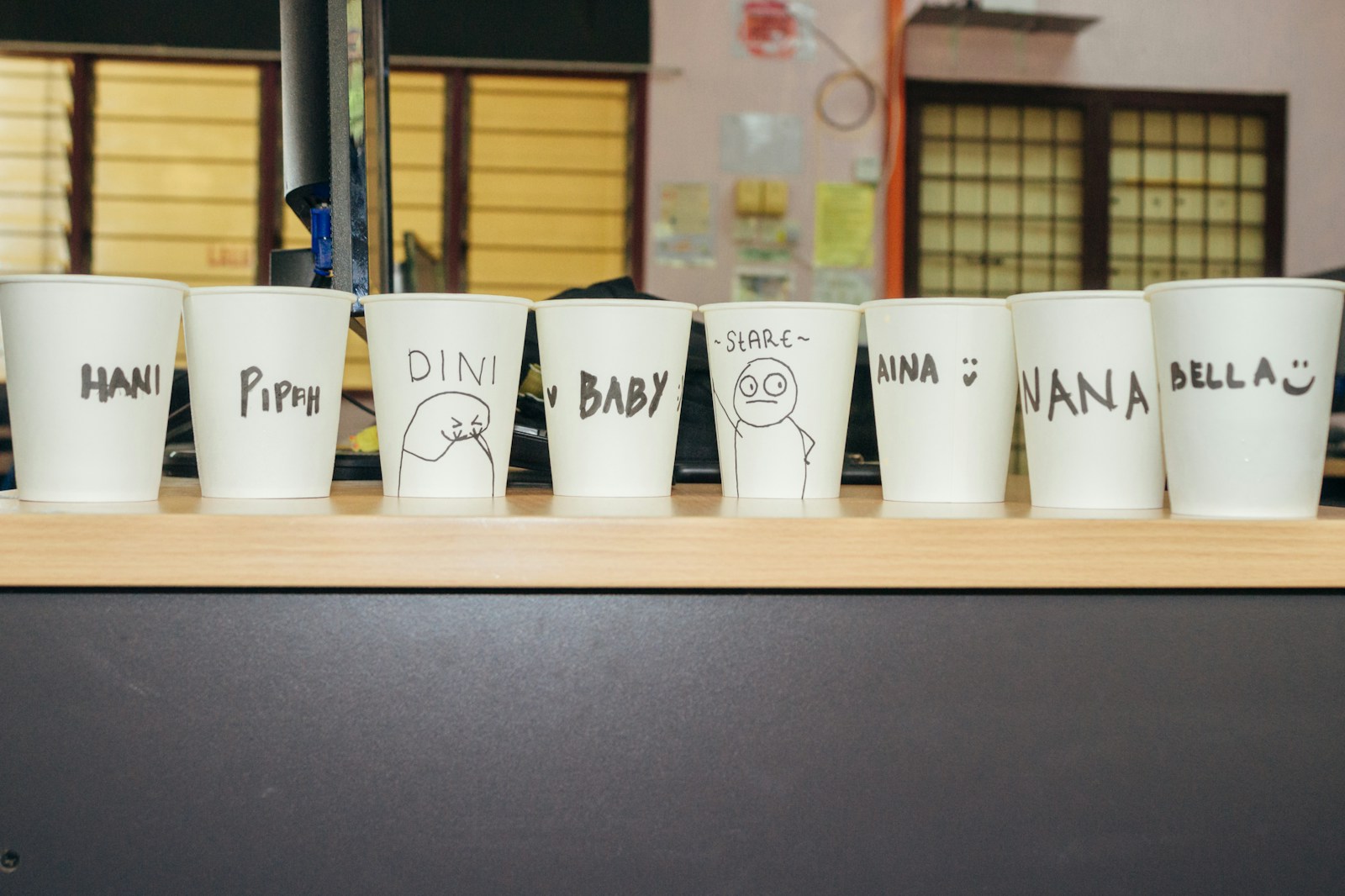Tag: apps
-

Getting a taste for making
Few years back, my brother and I decided to work on an iPhone app together. It was a little note taking app that I dreamt up to help me record lectures while taking notes. We gave it a terrible name… “notes + u”. App didn’t make it. It wasn’t a million dollar idea. We didn’t…
-
2 things your app can focus on to be successful
Apps that do really well on the App Store focus on PASSIONS & PRODUCTIVITY. The higher you rank in the scale on these two categories, the better chances you have of making a kick-arse app concept that resonate with its users. People are passionate about all kinds of crazy things. What’s important is that passions…
-
Why make an iOS app first?
This is a regular discussion that happens under every article on The Verge about some new iOS app. So far they are all flames thrown at each camp. This poster had a really good answer with good supporting facts. I thought it was worth sharing: mfocazio It’s not “gibberish” – it’s fact: 1. Android users…
-
Apps that grow with you
It’s difficult to make a good app. But it’s even more difficult to make an app that grows and matures with the user: something that starts off basic and overtime, as more knowledge is shared between you and the app, more in-depth features are revealed to appeal to a more mature, advanced version of you.…
-

Important Considerations Before Naming Your App
If you’re a small time developer, you generally tend to skip steps when it comes to following a proper process on naming your apps / products. Here’s a list of things you shouldn’t be skipping… Say you decide to make an app to educate people about how bad donuts are. Let’s call this app “Evil…
-
Getting The Story Right
Products are only as good as the story they tell. Whether it is an app or an electric toothbrush, the creators have to think about how it is going to be a captivating story. If the product cannot form a relationship with another person at an emotional level, then they have no reason to buy…
-
We changed looks. Now we change names. Your favourite TV tracker is now running at 60Hz.
tvQ is 60Hz. We had a great launch for our latest TV tracking app about a week ago. It’s a new app rewritten with all your feedback from 1.0, with a fresh take on TV and movie tracking and of course, a fresh new icon with a sleek new user interface. Now it’s time for a new name too! What…
-
Wisdom on Pricing Software
Recently I came across this excellent blog post, “Million Dollar Art“, by Nate Otto on the Signal vs Noise blog. I started thinking, how relevant is it for software? Can you simply put a million, or even 30 grand price tag on software? We first discussed it at work and there was the rational opinion…
